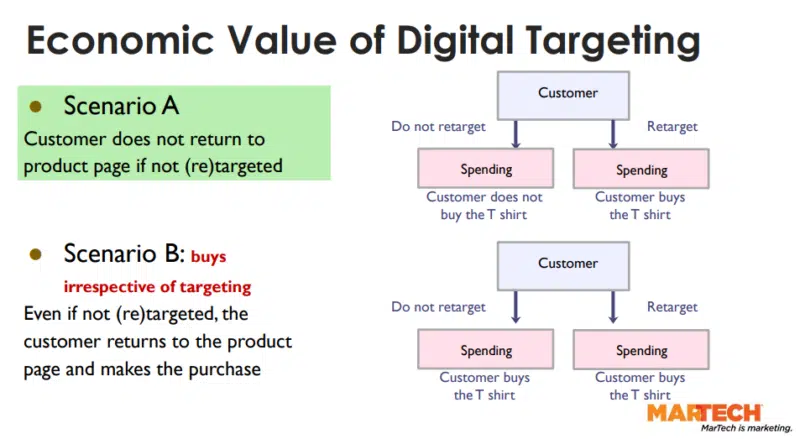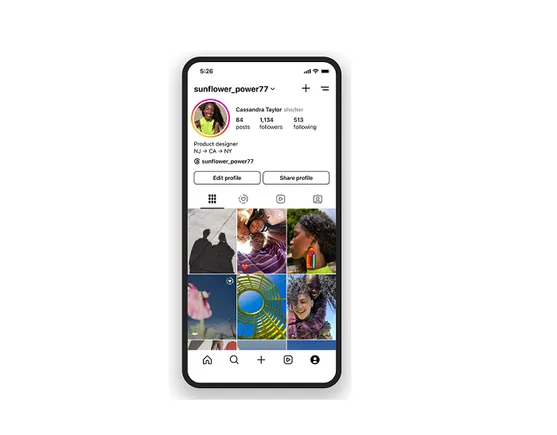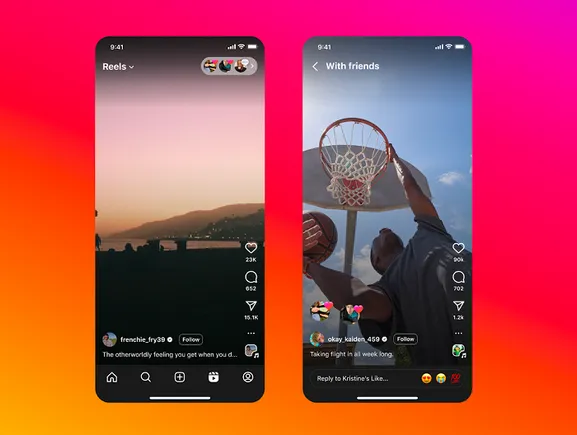Purchases are won and lost each time a customer connects with your business digitally. Every organization needs to evaluate their digital experience and then act on those learnings.
Here are some actions that organizations can take to improve digital experience and grow more revenue.
Increase the scalability of your operations
In evaluating digital experience, organizations take stock of all the digital touchpoints where customers connect with the brand, as well as the martech stack and internal architecture that support these touchpoints.
All of these processes should be as scalable as possible.
“Having more scalability frees you up to work on capability development,” said Alp Mimaroglu, director of marketing for wholesale food distributor Sysco, at The MarTech Conference.
It’s not just about ramping up marketing automation for messaging your customers. It’s about making your internal processes more efficient, analyzing data from campaigns and improving personalization to create a best-in-class digital experience, according to Mimaroglu.
Also, training should also be scalable for new and current team members. All of this contributes to better efficiency.
Dig deeper: Why we care about marketing automation
Model your digital experience on industry leaders
Successful digital experiences have a consistent look and feel regardless of the number of products the business sells or the number of touchpoints. These experiences also generate compelling calls to action and personalized recommendations.
Here’s how these best practices are reflected in Amazon’s digital experience.

“You get to the home page and they have promos and deals to drive incremental lift, personalized recommendations, category pages and real-time intervention where people are going to drop off based on their life cycle,” said Mimaroglu. “And it’s not just email, it’s not just web or a campaign — there’s automation for SMS, push [notifications], other channels to recommend what the person needs, and when they need it, to get them to purchase.”
He added, “It takes cross-functional alignment, it takes a strong end-to-end architecture, and you can’t just purchase one tool to implement experiences like this.”
Measure the sales and other customer behaviors at these digital touchpoints. When you make improvements on one of these touchpoints, make sure to measure the change in sales.
Use targeting to boost experience and measure results
In addition to improvements in the experience, targeting and retargeting your customers with digital ads can help keep them on the path to purchase. If customers respond positively to ads, digital targeting keeps them engaged with your brand and drives sales. But targeting has to be measured to know if it’s worth the effort and budget.
Here are two scenarios where customers were retargeted on Facebook, away from the brand’s digital channels. In both, the customers were targeted because they’d already spent some “dwell time” on the brand page without purchasing.

In the first scenario, the customer clicked on the Facebook ad and made a purchase when they returned to the brand page. A control group who weren’t served Facebook ads didn’t make purchases, so this confirms that the ad targeting was effective.
In the second scenario, customers returned to the brand page and made purchases regardless of whether they were served ads or not. In this case, the ads were proven not to be effective in the purchasing decision. They didn’t change the customers’ behaviors.
In this way, marketers can see the effectiveness of targeting and retargeting customers with digital ads and better understand their customers’ digital journeys. Experimenting with digital targeting, as well as making scalable improvements to touchpoints in the journey, will help drive revenue through your digital experience.
Register and watch The MarTech Conference here.
Get MarTech! Daily. Free. In your inbox.




































































